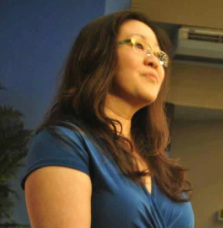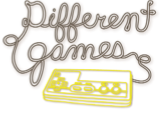
Symposium and workshop at Coventry University, UK,
9 -10 April 2015
Deadline to apply: February 2, 2015
Coventry University is looking for ongoing research projects to participate in a workshop associated with the AHRC funded Besides the Screen symposium PIRACY IN THEORY & PRACTICE, to be held at Coventry University, UK, on April 9-10 2015. The workshop will be on Thursday 9th April, during the first day of the main event.
Departing from the relation of movie piracy with the economy and politics of content distribution, the symposium means to discuss the dynamics of authority embedded in contemporary systems of communication and explore how informal media practices might intervene with the development of new technologies, frame film curating, foster or inhibit particular scholarships, and even raise questions about the ontology of the moving image.
Confirmed speakers at the symposium include Ramon Lobato (Swinburne/Australia), HD Mabuse (CESAR/Brazil), Gabriel Menotti (UFES/Brazil), Pedro Mizukami (FGV/Brazil), Gary Hall (Coventry/UK) and Virginia Crisp (Coventry/UK).
They welcome proposals from a wide range of topics within this universe, and encourage the participation of PhD candidates and early career researchers. Participation in the workshop is free of charge (as is attendance at the symposium), but all participants must cover their own transportation and accommodation costs.
To Apply:
To submit a proposal, send a text file (doc, docx, rtf) containing a short abstract about your research (~250 words) and bio (~150 words) to the email besidesthescreen@gmail.com with the subject PROPOSAL – PIRACY IN THEORY AND PRACTICE.
The deadline is 2nd Feb 2015. Selected participants will be notified by 9th Feb 2015.



 A public lecture by Lynn Spigel, Francis E. Willard Professor of Screen Cultures, Northwestern University will be held at the Gerlinger Lounge on
A public lecture by Lynn Spigel, Francis E. Willard Professor of Screen Cultures, Northwestern University will be held at the Gerlinger Lounge on 
 Wendy Hui Kyong Chun
Wendy Hui Kyong Chun


 Dr. Wakeford will explore a research project, funded by Intel, which sought to look at numbers not in terms of the learning of math (and associated discourse of talent and phobias) but rather in terms of knowing, sensing and participating. She’ll offer examples of the types of fieldwork which were undertaken and explain how we tried to make these encounters into creative outcomes for technologists and designers. The talk will finish by suggesting an alternative set of terms with which we could discuss numbers‐ and perhaps other forms of data‐ which move us away from the language of metrics and measurement.
Dr. Wakeford will explore a research project, funded by Intel, which sought to look at numbers not in terms of the learning of math (and associated discourse of talent and phobias) but rather in terms of knowing, sensing and participating. She’ll offer examples of the types of fieldwork which were undertaken and explain how we tried to make these encounters into creative outcomes for technologists and designers. The talk will finish by suggesting an alternative set of terms with which we could discuss numbers‐ and perhaps other forms of data‐ which move us away from the language of metrics and measurement.


 Featuring
Featuring